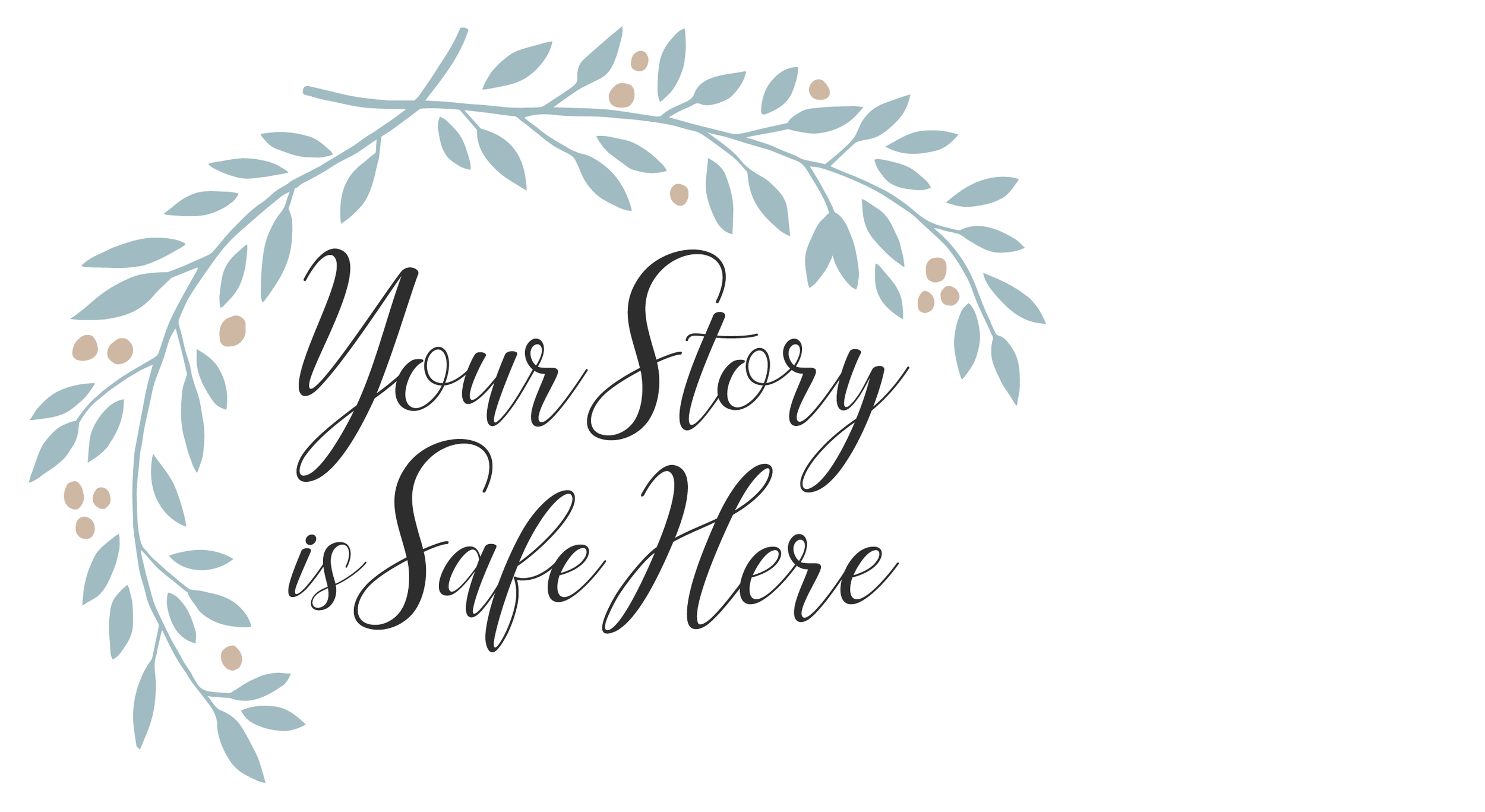When Nothing Is Normal
Families, communities, and whole countries are wrestling with the consequences of losing their “normal”. They adapt, innovate, respect, assist others in need, resist, protest and defy it.
For wives and partners of men called sex addicts, however, it’s a whole second piece of that experience. We already had the rug pulled out from underneath our personal lives in our primary social unit of family life. The most important reality frame for our primary relationship was blown up by catching a glimpse of his secret life. And now, everything beyond that is destabilized and shifting, as well.
How’s that working for you?
I am truly wondering about that.
What is it like in your home? Is he there? Is he gone? How are some of you managing co-parenting? What about finances? What about treatment commitments? What about his sexual and sexualized activities? Is it escalating or declining? Is he trying to use the isolation time to work you over into agreeing to stay married or “try again”?
Achieving safety is the number one priority for a traumatized wife or partner, and it’s hard enough to do that without a side dish of pandemic danger and impact thrown in. I’m worried that, once again, safety for wives and partners will be sacrificed for other priorities about everybody and everything else. This means their chance at getting better themselves will be lost as well.
When the default setting in the treatment industry is to make the interests of the compulsive abusive sexual-relational disordered man (“CASRD man”, rhymes with “hazard man”) more important than the victims of his covert abuse, these men are empowered to assert those same interests over ours. In a setting of social distancing and isolation even fewer eyes are on these men, their sexual or sexualized behaviors, or how they assert their personal interests over ours. This is not good for us.
When nothing is normal, however, maybe less people and less distractions of regular activities will help us to see these things more clearly:
manipulating tactics
promotion of his self-interests over yours or your children’s
escalating abusive behaviors
controlling the narrative starring him as the victim
gaslighting
blameshifting
needing to diminish or deny the impact of his secret life of you and any children
the core values that really direct his life as opposed to the ones he pretended to have
how little you have in common with him after all
Pay attention to everything about how you are living through this pandemic.
Ask these questions:
Is it easier or harder for you and your children?
In what ways? List them out under two columns named “Easier” and “Harder”
Consider all the reasons for why you’ve listed your responses under which column.
For some, an increased separation and decreased interactions with him and his treatment group could make you feel a whole lot better. Your children may feel less stressed by not having to manage scraps of overheard conversations and glimpsed activities that were a part of the “in recovery” facade. Your head might just clear because you get out from under his cloud of covert abusive tactics. Remember as tough as this pandemic is, you were already crossing the trauma bridge and watching some of reality disappearing behind you. I never thought that we were “working ahead” but maybe we were—maybe we already understand what it means to lose “big” and still keep going with your life and your children’s lives.
For others, being confined to the same place with our CASRD man and without the ability to get away from his confused and cruel energy may be a much-needed reality check. You may see his daily focus on himself that comes at you and your children’s expense in a way you haven’t seen before. It isn’t relieved by his absences related to his secret life priorities, his regular work schedule, or normal social and community activities—all of which helped to hit the “reset” button between his moody presence with you and the family. Is this someone that makes your life better? Your children’s lives better?
When nothing is normal, not just your primary family relationship, it’s hard to know what to hang on to. Remember your core values—the things that guide your life and decisions, that reveal what matters most to you, the things you want to pass onto your children, the things that interpret your life and help you find meaning in it—remember them. Identify them. Name them. Discuss them with your children. Establish them as the guideposts for getting through this pandemic. And when your CASRD man can’t live by them, and your children can see that too, pay attention.
Meanwhile, follow the safety guidelines set out by medical and science authorities. Show your children how precious their lives are—how precious your life is—and how precious everyone’s life is.
With you,
Diane.
